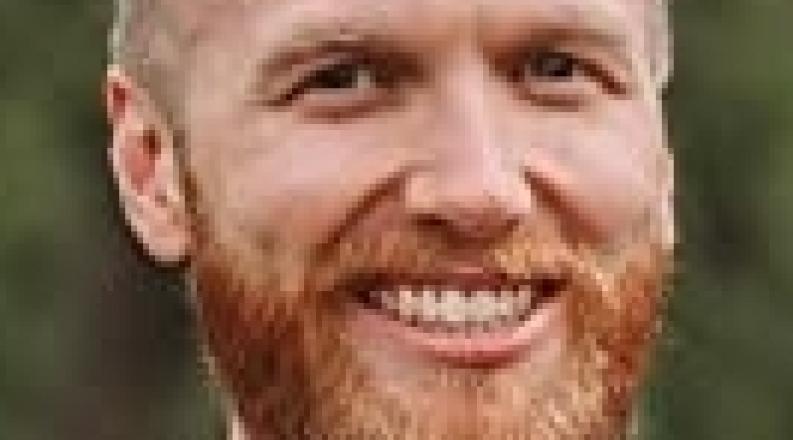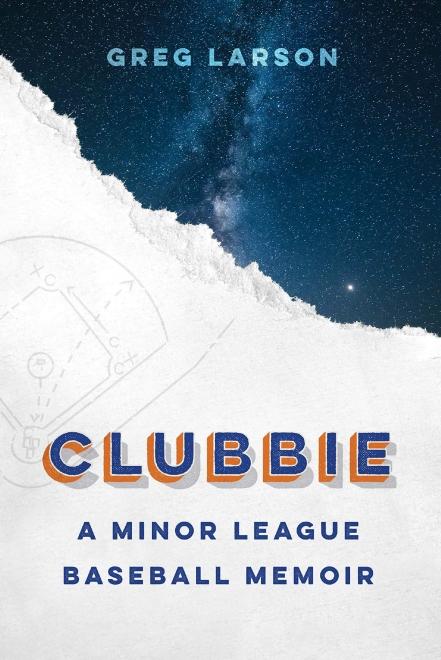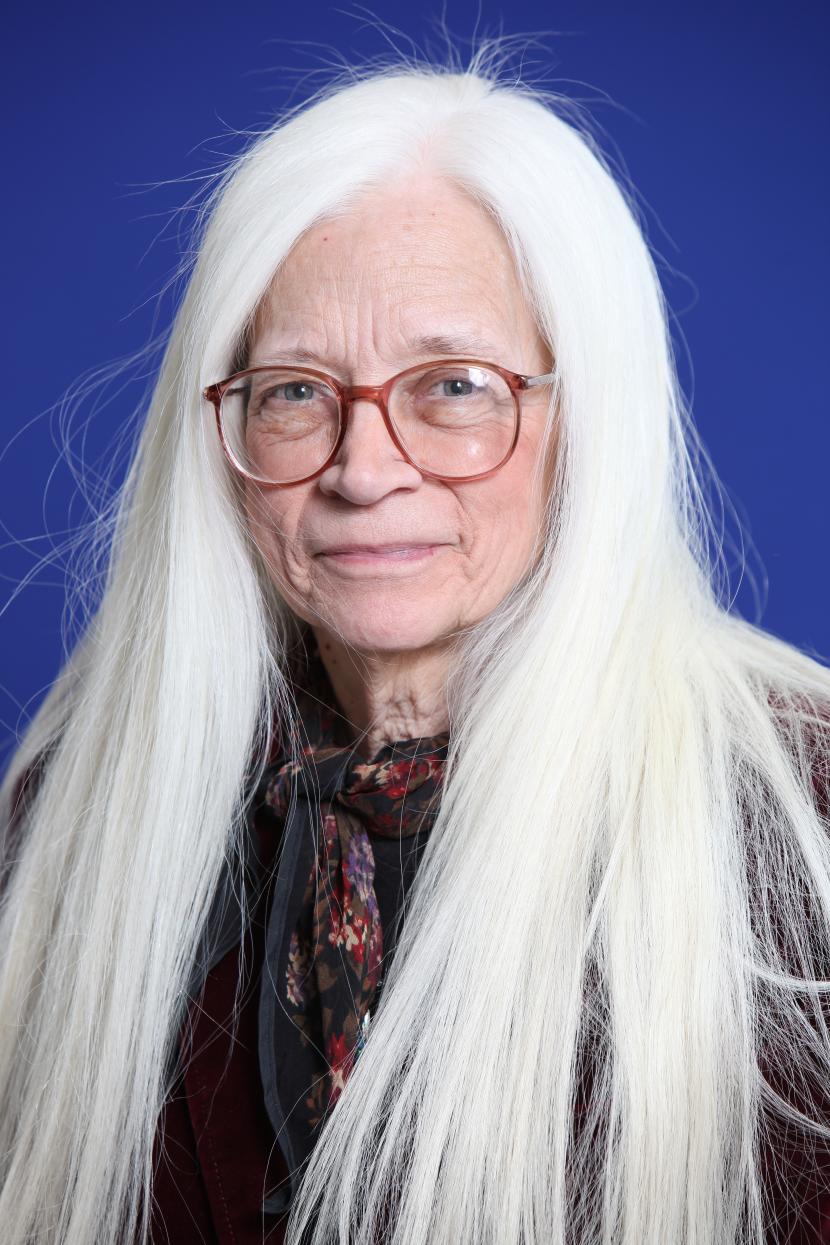By Harry Minium
Like millions of Little League baseball players, Old Dominion University graduate Greg Larson daydreamed as a kid of playing in the Major Leagues, especially for his beloved Minnesota Twins. But when he hit .091 as a high school senior, he knew he'd never make it as a player.
So, in 2012, after graduating from Winthrop University, he decided to do the next best thing. Although he had only limited experience working with Winthrop's baseball program, he talked his way into a job as the clubhouse attendant with the Aberdeen Ironbirds, a Class-A affiliate of the Baltimore Orioles located in northeastern Maryland.
To coaches and players, he was a "clubbie."
Ah, the crack of the bat hitting a ball, the smell of popcorn and hot dogs, crowds cheering and the honor of working for a professional team and getting to hang out in the locker room with players. It was, he hoped, to be a glorious summer.
But the reality was far darker than expected.
"Guys were making about $1,200 dollars per month," he said. "They were subsisting on poverty wages. You had four guys living in an apartment.
"Guys weren't paid in the offseason, in which they were expected to stay in shape. It was a rude awakening for me."
Two weeks into becoming a clubbie, Larson started taking copious notes of his experience, although at the time, he didn't really know why. "I knew there was a story here, I just didn't know what story it would be," he said.
After two years in baseball, he worked for his family business for nearly three years before entering Old Dominion University, where he received a Master of Fine Arts in creative writing in 2017. His thesis was a 247-page recounting of his experiences in Aberdeen that was finally published as a book this April.
Truth be told, his first draft wasn't a great read because he left himself out of narrative. He wrote it as if he was a journalist writing an exposé. One of his ODU classmates, Emily Howell, said without telling the story in his own words, it was kind of boring.
He spent much of 2018 and 2019 rewriting it and inserting himself, warts and all, into the narrative and submitted manuscripts to 220 different publishers and got 220 denials. Finally, the University of Nebraska Press agreed to publish the book, "Clubbie: A Minor League Baseball Memoir."
It is a page-turner full of compelling stories, both amusing and sad. He lays out in painful detail the torturous breakup with his girlfriend, a teacher and volleyball coach in South Carolina, who simply could not understand why her boyfriend, a college graduate, a talented writer and a smart guy, was working as a clubbie for poverty wages.
As Aberdeen was in the midst of clinching a pennant in his second season, her texts began to signal she'd had enough, and their 3 1/2-year relationship was coming to an end.
"Being a clubbie is what drove us apart," he said.
The baseball world has so far loved his book, which can be purchased at his web site www.clubbiebook.com or online at Amazon or Barnes & Noble.
Mark Whicker, an award-winning columnist for the Orange County Register in California, wrote perhaps the best review of "Clubbie," which he ended by writing: "If 'Clubbie' isn't the best piece of baseball literature since 'Ball Four,' it's the leader in the clubhouse."
Heady praise from a veteran baseball columnist. "Ball Four," written by former Major League pitcher Jim Bouton, told of the chronic drug use, womanizing and use of "greenies" by players to enhance their performance. It also revealed, for the first time, that beloved New York Yankees' star Mickey Mantle was a drunk.
It is one of the greatest sports books ever written.
Positive reviews of Larson's book have appeared in dozens of outlets, including Forbes and the Los Angeles Times and he has been interviewed by ESPN, MLB radio and CBS Sports Network.
Larson is all over the internet, with videos promoting the book and telling additional stories about baseball. He lives in Austin, Texas, writing his next book while also ghostwriting and editing nonfiction books.
He will read portions of the "Clubbie" in October during ODU's Literary Festival.
He said many parts of the book are embarrassing but that's what makes it so appealing. Here were 30 or so adults sacrificing so much to play a kid's game.
When players were cut, not only were their dreams shattered; many had no college degrees, nor any money saved or any idea what to do.
One veteran player, who knew his career was about over, compared playing minor league baseball to the lottery. You play it every day and lose every day until you run out of money.
As a clubbie, he washed and laid out all uniforms, jock straps included, and was instructed to hand out equipment stingily. He also collected money from players to provide them with locker room snacks. He was expected to make a profit from the money he collected from players, which he did.
"I still regret that," he said.
He also regrets returning for that second season.
"As awful as minor league baseball is, it's addictive," he said.
Late in that first season, the team allowed him to warm up the right fielder and to take batting practice. That made him feel like a part of the team. He even wore a uniform and had a photo taken, which he proudly texted to his girlfriend.
She ignored the text.
Adding some of the painful memories to the book proved to be difficult.
"I think that unconsciously, I didn't want to deal with the really challenging parts of what I experienced, including the demise of my relationship with my girlfriend," he said.
"I wanted to avoid it. But I had to include everything, including things that were painful, to make it compelling."
On that, he succeeded masterfully.
Related News Stories
ODU Student Earns Sea Grant Fellowship
Jemelyn Baldisimo, a doctoral student in biological sciences, will assess the vulnerability of ornamental coral reef fishes. (More)
Students Get a Realistic Look at Producing Virtual Games
Bratislav Cvijetić’s innovative “World Building” course focused on designing and building 3D video games. (More)
DoE Quantum Computing Grant Awarded to ECE Professor
ODU’s Linda Vahala is one of just 10 receiving grants for quantum information science research in plasma physics from the Department of Energy. (More)







